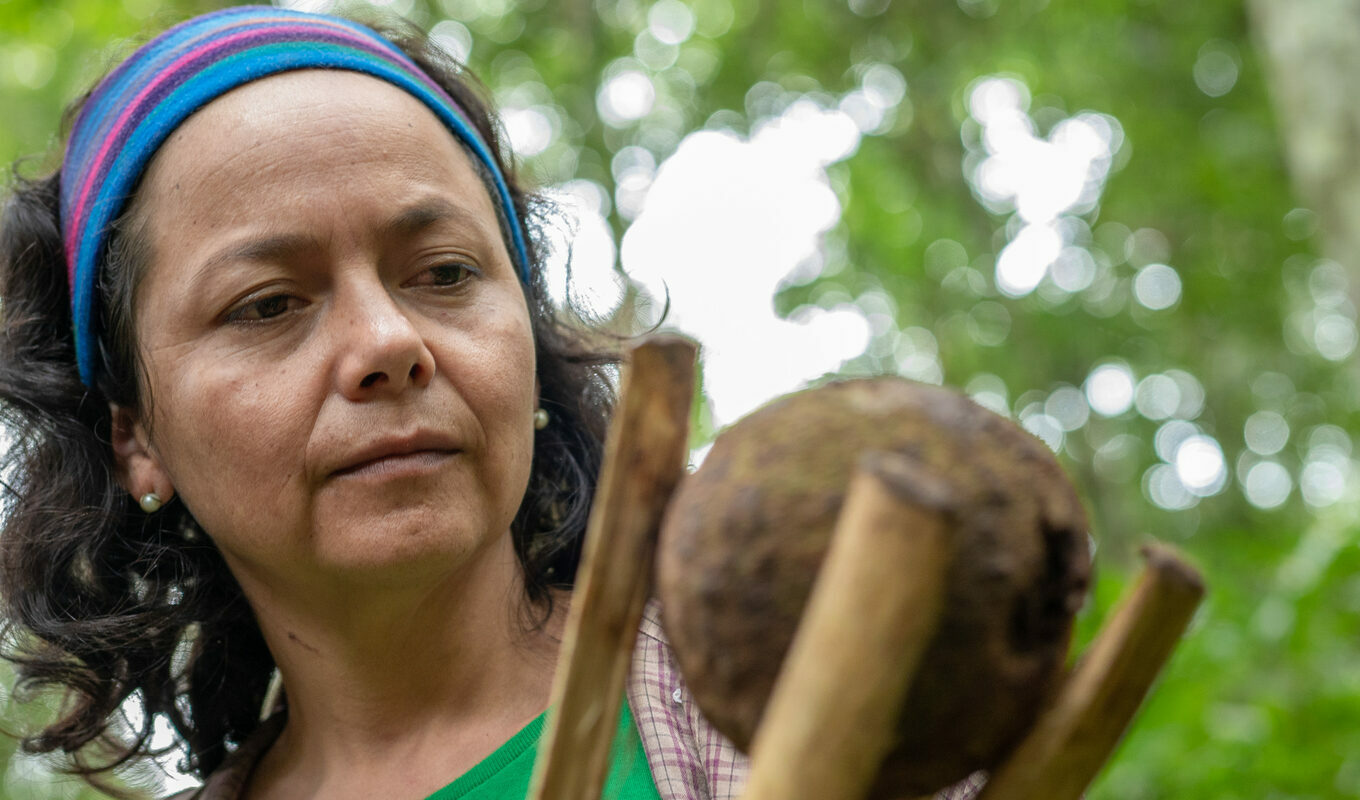In the intricate tapestry of our global economy, biodiversity serves as a safety net for millions of people around the world, while providing physical, mental and spiritual health and social well-being. From the lush forests of the Amazon to the savannas of Africa, biodiversity not only sustains life but also drives economic prosperity.
Over half of the global GDP, a staggering $44 trillion, is moderately or highly dependent on nature, according to a 2020 World Economic Forum study. This dependency is particularly pronounced in rural communities, where forest ecosystems can contribute significantly to livelihoods. Take India, for example, where forests represent only 7% of the country’s GDP but sustain 57% of rural communities.
Around 1.6 billion people depend on forests for their livelihood, including some 70 million indigenous people. At the same time, the small business sector represents 90% of the world’s businesses and more than half of global employment.

